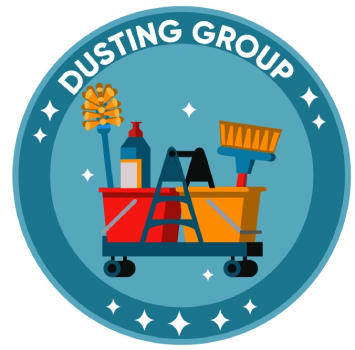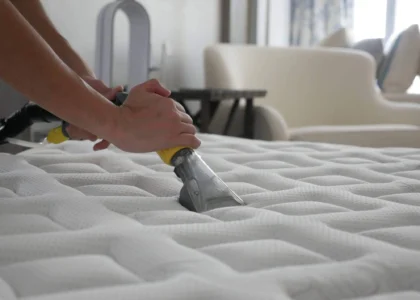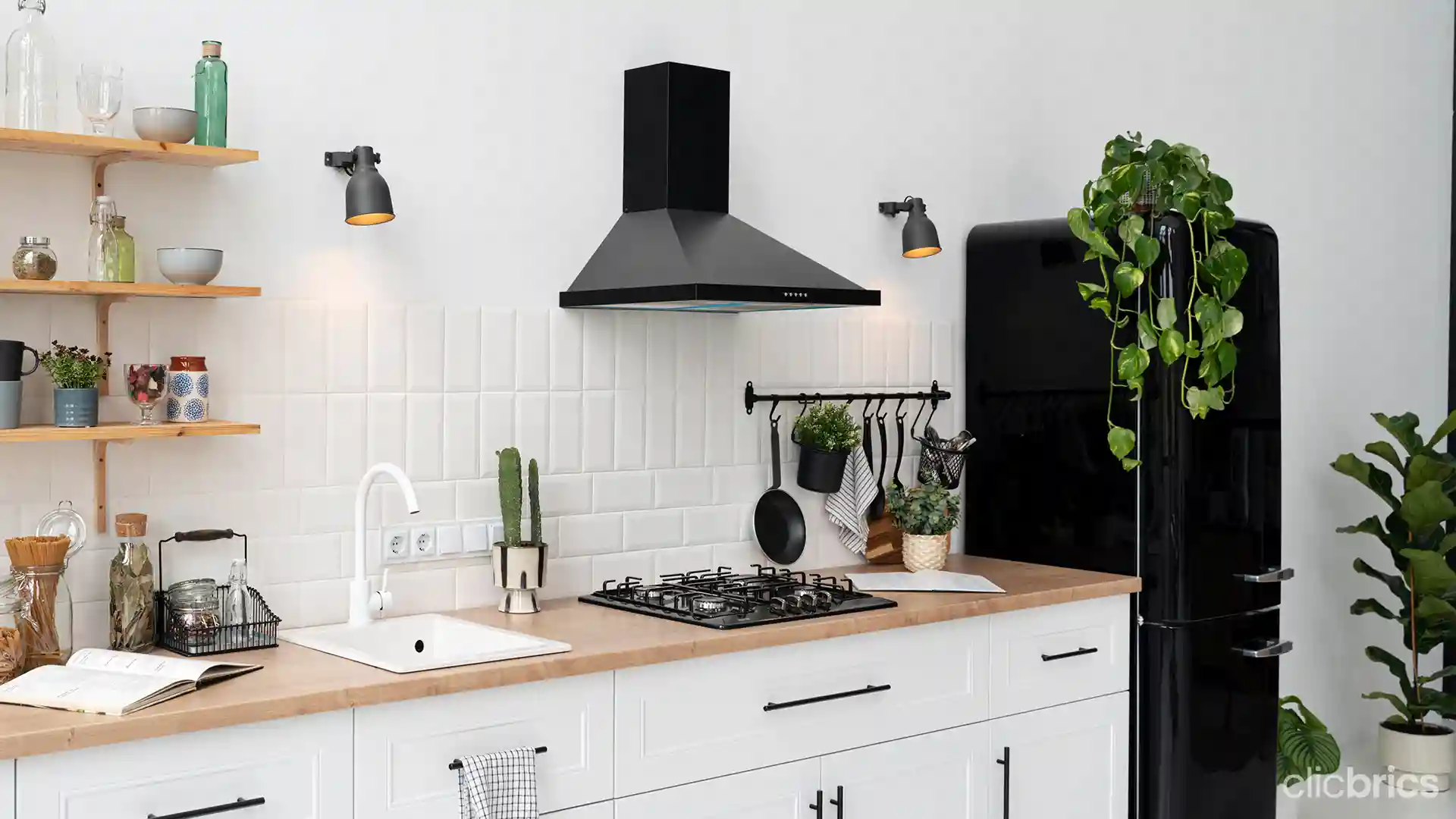
Your kitchen chimney (or range hood) is important for removing cooking fumes and keeping the air clean. But it won’t work as well if you don’t clean and maintain it regularly.
This guide focuses on the importance of chimney cleaning and highlights how professional services, such as those offered by Dusting Group, can ensure a clean and healthy kitchen environment.
How often should I get my kitchen chimney cleaned to maintain its efficiency?
The frequency of cleaning a kitchen chimney depends on cooking habits and style.
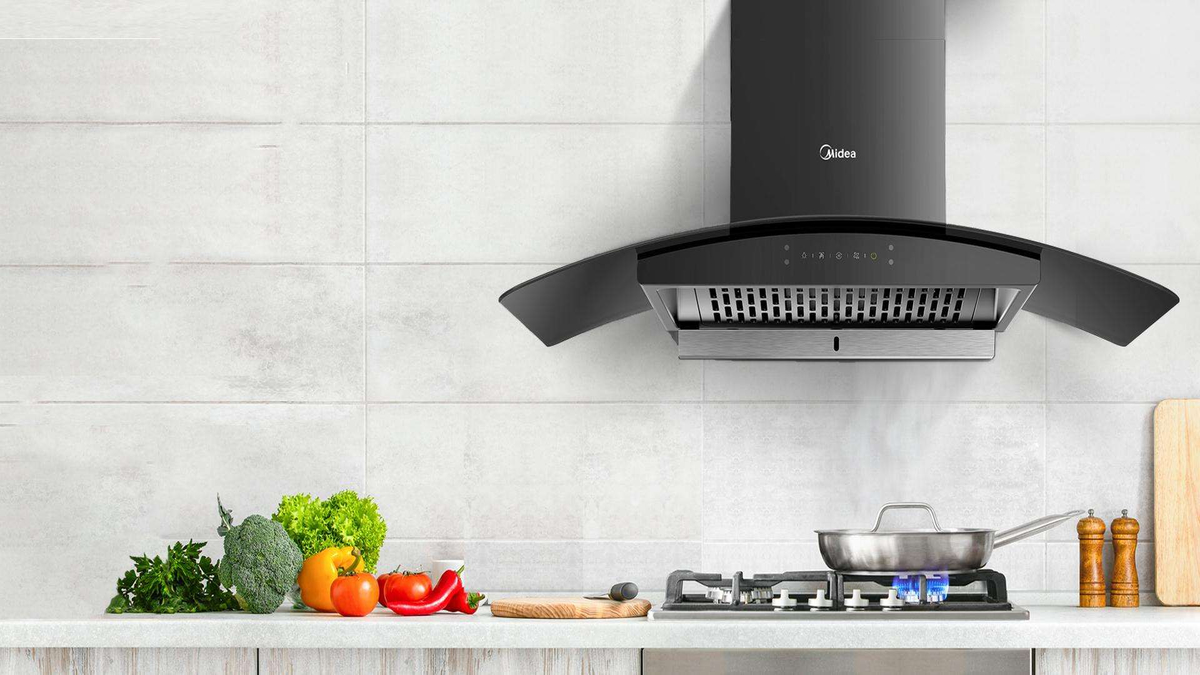
Regular Usage: Regular kitchen chimney cleaning every three to six months is recommended for efficient operation by preventing grease and residue buildup.
Heavy Usage: For kitchens used frequently, especially for greasy or fried foods, monthly chimney cleaning is recommended to maintain optimal ventilation and prevent buildup.
Light Usage: If you use your kitchen sparingly, cleaning the chimney once every 3 to 6 months should suffice.
Additionally, some modern chimneys come with an indicator that alerts you when cleaning is required.
Are there any signs I should look out for that indicate my chimney needs immediate cleaning?
This prompt is incomplete and doesn’t contain any text to summarize. Therefore, I cannot provide a summary.
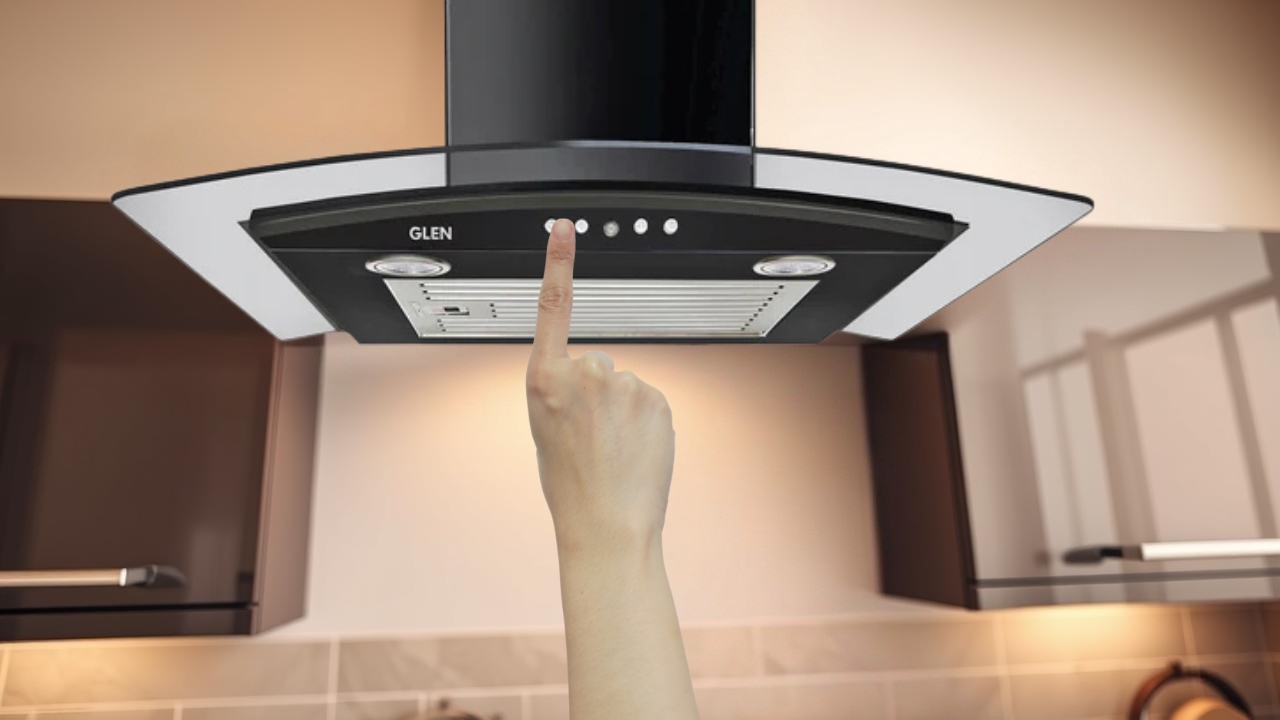
Unusual Noises: Unusual noises emanating from a chimney, such as rattling or humming, can indicate potential problems, including blockages or a malfunctioning motor.
Reduced Suction: A chimney exhibiting reduced suction, resulting in ineffective smoke and fume removal, likely requires cleaning due to a clogged filter or duct.
Lingering Odors: if your kitchen still smells bad even after you’ve finished cooking, the problem might be a dirty or blocked chimney above your cooking area (like an oven or stove). The chimney isn’t properly removing cooking smells, allowing them to linger.
Dirty or Clogged Filters: If you look at your filters and they appear to have a lot of dirt, dust, or debris on them, or if they look like something is blocking them, then you should either clean them (if they are washable) or replace them with new ones.
Slow Venting: If smoke is slow to leave your chimney, something might be blocking the path inside the chimney (the ducts).
Poor Air Quality: If you see or smell more smoke or fumes than usual in your kitchen while using your fireplace or wood-burning stove, it’s a sign that your chimney is probably dirty and needs to be cleaned.
Age or Time Since Last Cleaning: If you haven’t cleaned your chimney in a while (several months) OR if the chimney is old and its been a long time since it was checked and maintained, you should get it professionally cleaned.
I’m not sure if I should attempt cleaning the chimney myself. What are the risks?
The cleaning a chimney can be difficult, particularly for beginners. It then states that the text will discuss the potential dangers of both cleaning the chimney yourself (DIY) and hiring a professional to do it. The goal is to give the reader enough information to choose the best cleaning method for their situation.
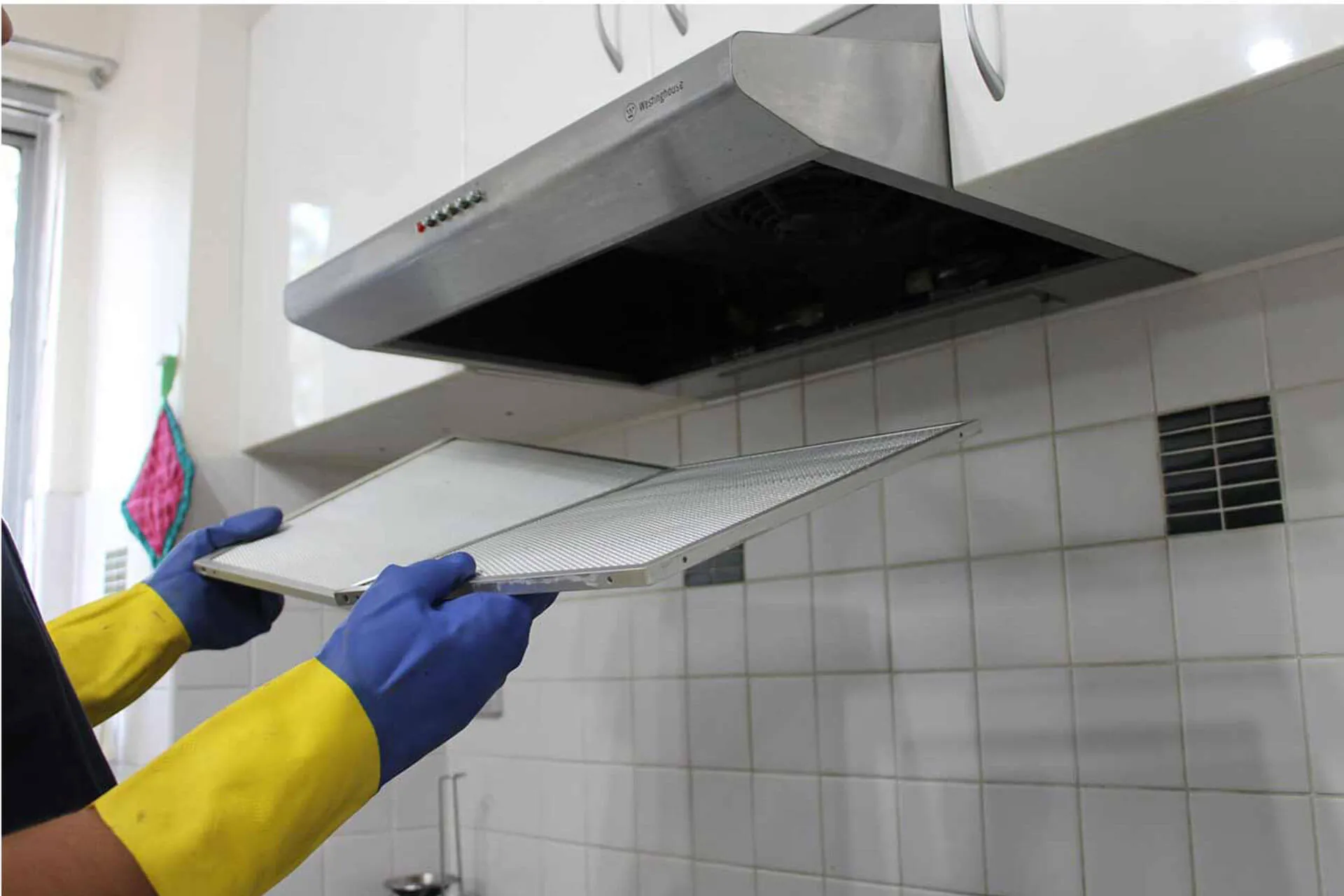
Damage: If you try to work on or repair your chimney without the proper knowledge or skills, you might accidentally cause damage to it. This damage can then cost you a lot of money to fix.
Ineffectiveness: Attempting chimney cleaning without professional expertise and equipment may result in a less thorough cleaning.
Time-Consuming: Cleaning a chimney can take a lot of time, especially if you haven’t planned ahead or don’t know how to do it properly.
Personal Injury: Cleaning a chimney can be risky if you don’t have the right tools and haven’t been taught how to do it properly. You could get hurt from sharp objects (cuts), hot surfaces (burns), or by falling.
Inadequate Inspection: The hiring a professional chimney cleaner offers advantages beyond just removing soot and debris. Professionals are trained to spot problems like cracks, blockages, or damage that a homeowner cleaning on their own would likely overlook. By identifying and fixing these issues early, professionals can prevent more serious and costly problems down the road, and ensure the chimney’s safe and efficient operation.
